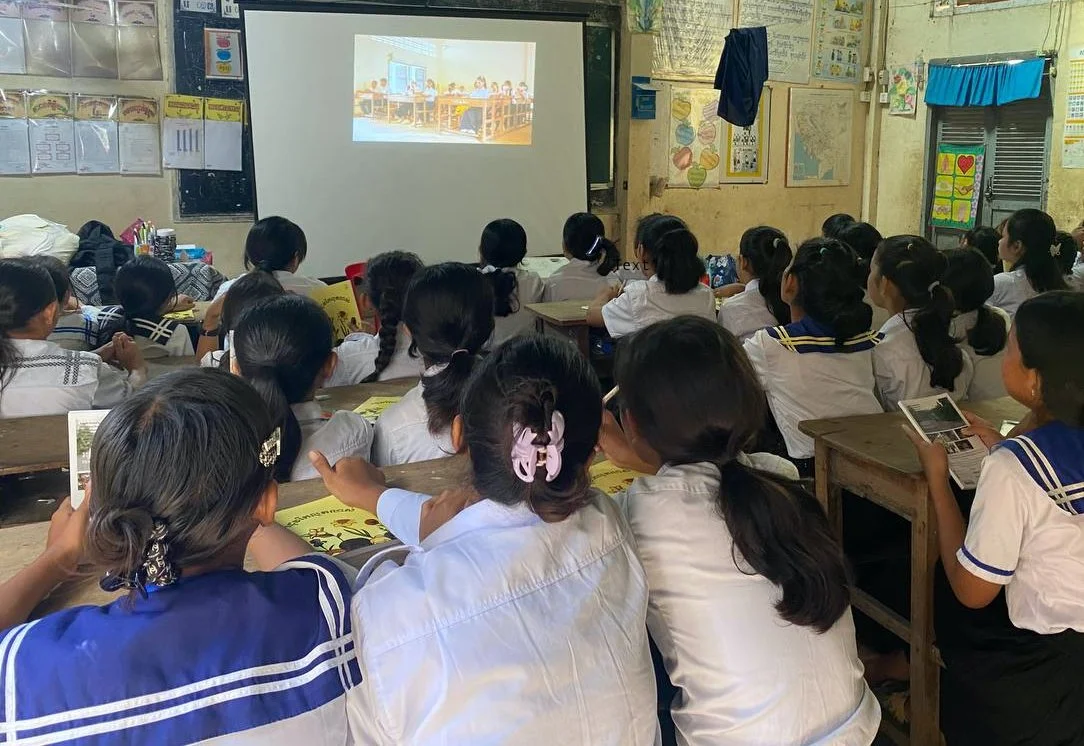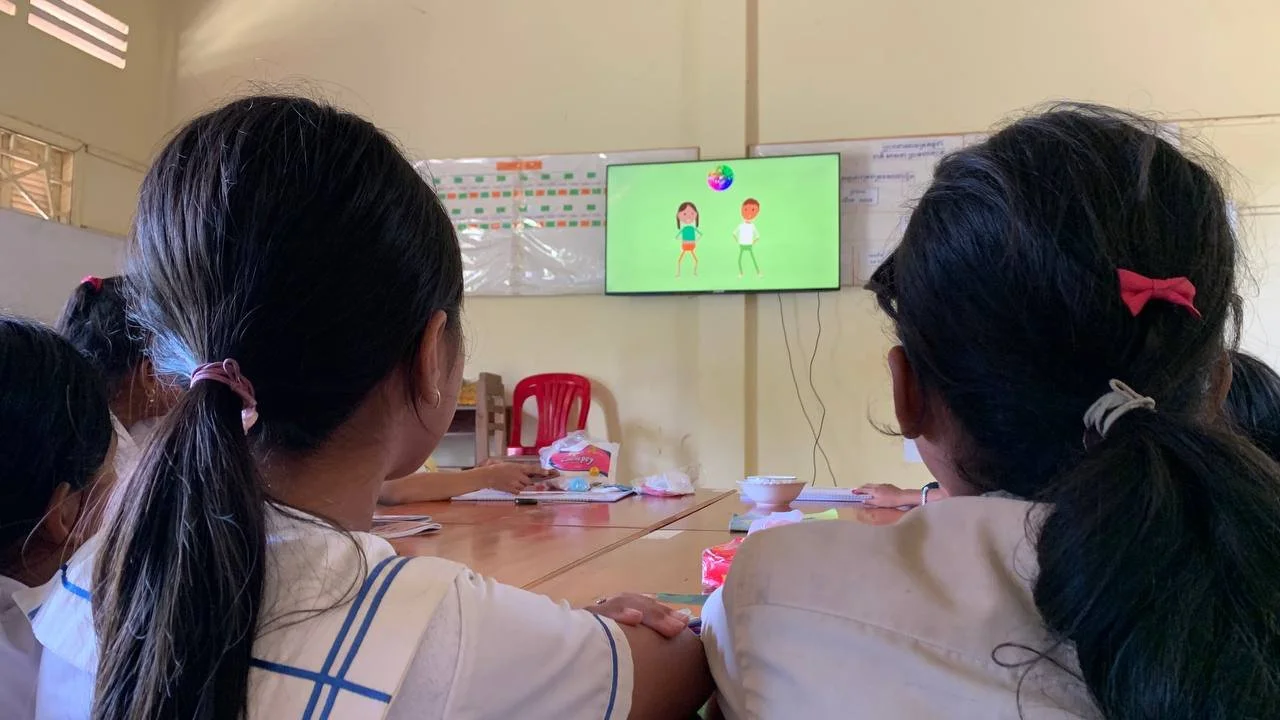First-Period Story
The first period or menarche for a girl during her puberty is significant. The first period is a natural phenomenon of the reproductive system in the body that will eventually happen. I still remember some of the conversations with those who work in the Reproductive Health and Rights and Water and Sanitation sector that we need to find strategies to advocate for this work.
Looking back, even though I did not have the notes, I was manifesting it by knowing that “It will happen.” In any way, shape, or form, I did not know, but only that it would happen. I kept my mind open for possibilities. I have this saying in my room that has an interesting story behind it. It said, “It is impossible until it is possible.” I had found this in the store and I was hesitant to buy it, but I thought to myself, “If it means to be, it will find its way to me.” And, I let it go. One year later, an international research student from a university in the Netherlands handed me a gift as an appreciation and here it comes back to me, the exact sign from the store.
“Advocate for the first period for girls in public schools around Cambodia.”
In 2023, I showed up at a regular meeting at the School Health Department of the Ministry of Education, Youth and Sport with other NGOs for the existence of the “First Period Story” short film. It was sponsored by GIZ and the WASH department. It is the last phase of their 11-year Hand Washing programme and they would like to use their last resource for something meaningful. I was determined to make it come true by overcoming every unbelievable obstacle, for example, how the deposit policy of GIZ apparently changed and we had to use other funding first to make the production happen on time for the International Menstrual Hygiene Day.
We make sure that it becomes an important part of the menstrual health and hygiene class, whether conducted by us or teachers we have trained. It is an imperfectly perfect inquiry for the relevancy of this generation as period is still a stigma, surrounded by myth, and still being misunderstood by many. We advocate for ACCEPTANCE as a part of human lives, and it makes us intrigued and curious.
This short film became our first introduction. As the Menstrual Health and Hygiene Class continued on to the sewing washable pads workshop, there were girls who trusted us (me, their caretakers, and their teachers) to tell the truth and the time that they needed medical attention. Mostly, it was vaginal infection or too heavy periods and some of them revealed the causes of their infection and what scared them.
You have pain in your body, and you have been pressured by invisible walls such as norms, taboos, inequality, and have been told to believe that somehow there must be something wrong with your body, which is why it is acting up. It is a shame. I should endure it because my dignity lies in the fact that my body should be perfectly fine, no scar, no touch, no one knows, hopefully the problem will vanish one day, only that I am worthy. Then, when something wrong happens and I have to receive treatment, I wonder if I am still worthy. But what if I am not? If I ask for help and support, will I burden other people and my family?
In the case above, our priority is to find ways around in order to get the girls to access healthcare as soon as possible. After setting this precedent, what is the long-term vision we need to build to better facilitate this and prevent it from happening? Invest in education, invest in health education, invest in Sexual and Reproductive Health Education and Rights. Sexual and Reproductive Health and Rights is not just about sex, but it is also about equality too. It is about culture,health, human resources, and employment. It is about consent, free will, choices, and relationships too. It is about empowerment and, it is about life.
Comprehensive Sexuality Education can start as young as 5 years old, and especially for parents, we need to think about how we can communicate better with our children. For teachers, How can we empower ourselves to embrace the reproductive languages at school? For healthcare providers, how can we provide friendly youth service? For the government, how can we recruit enough healthcare workers and make the service available everywhere especially in the rural areas. How can we regulate and enforce the law and policy, lower, or eliminate the cost of healthcare for minors and young people in every health center and so much more. Investment can also be in the form of care, informed choices, and making the right decision for yourself first and foremost.



